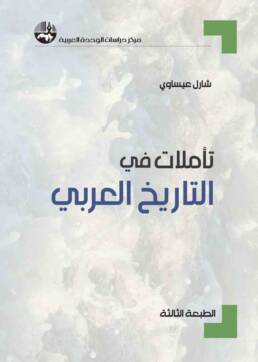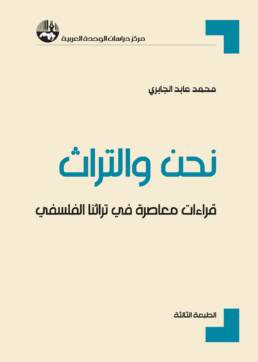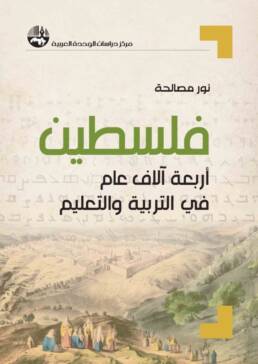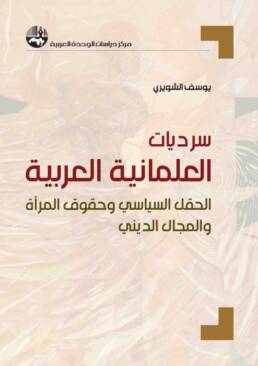The Center for Arab Unity Studies published the book Ibn Khaldun: An Intellectual Bioghraphy by the Researcher Robert Irwin (translated to Arabic by Abdullah Mujir Al-Omari).
Ibn Khaldun (1406-1332) is considered the greatest Arab thinker. He is a genius who ranks as one of the most brilliant minds in the world. However, the author of The Introduction, the most important study in history composed in the Islamic world, is not as well known as he should be, and his ideas have been widely misunderstood. In this distinguished study, Robert Irwin gives us an engaging and authoritative account of Ibn Khaldun’s life, time, writings, and extraordinary ideas.
Irwin introduces us to Ibn Khaldun, who lived in a world ravaged by the plague, and held a number of positions in the turbulent Islamic court of North Africa and Muslim Spain (Andalusia), becoming a major political player, professor and author.
Irwin shows how Ibn Khaldun’s life and thought fit into the historical and intellectual context, including medieval Islamic theology, philosophy, politics, literature, economics, law, and tribal life, through his deep study of The Introduction, which is an astonishing and original analysis of the laws of history.
Since Ibn Khaldun’s ideas seemed to anticipate developments in several areas, he was considered a modern man rather than a medieval man. Irwin’s account of such “misreading” gives us new insights into the history of Orientalism. Irwin introduces Ibn Khaldun contrary to the well-known image of him, as he was a pious mystic, and was passionate about secret and futuristic sciences, and lived in a somewhat strange world, very different from ours.
Add a review
You must be logged in to post a review.








